World
Chinese mourners use AI to digitally resurrect dead man
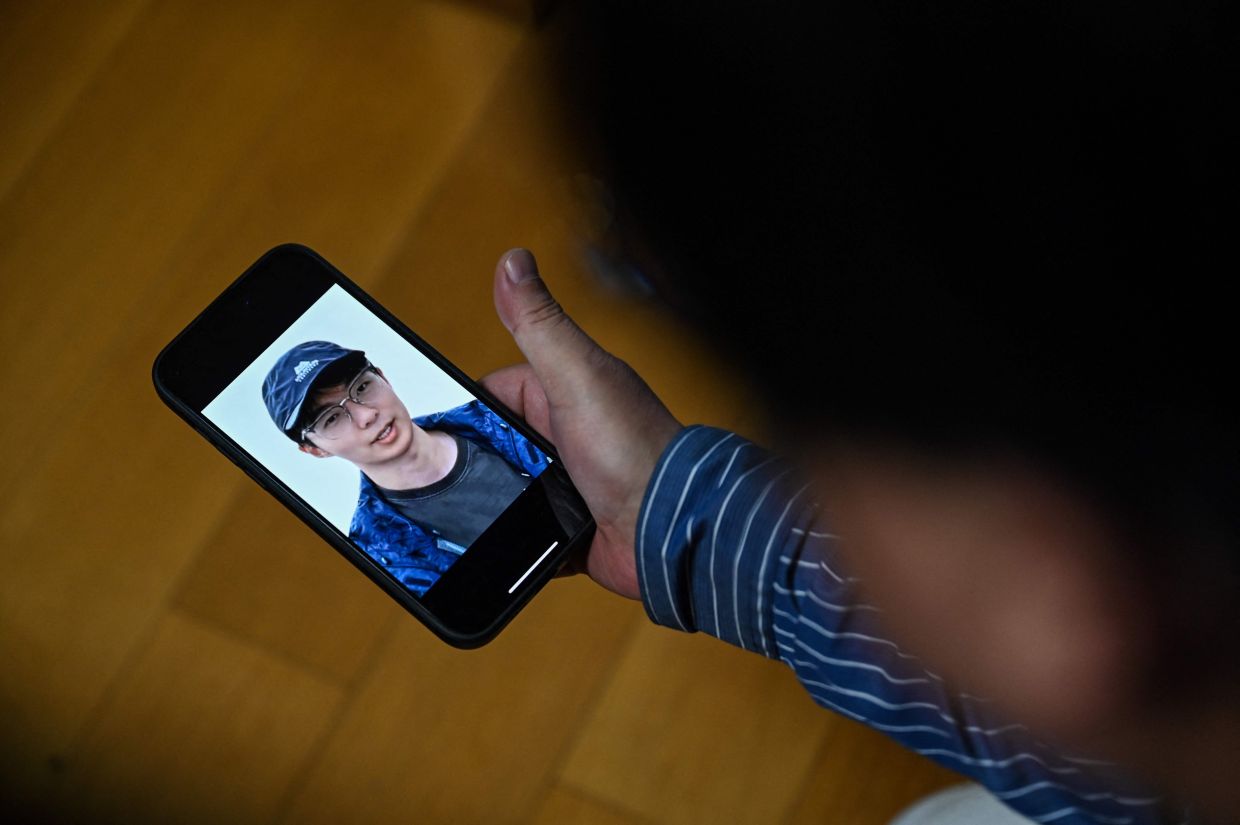
At a quiet cemetery in eastern China, bereaved father Seakoo Wu pulls out his phone, places it on a gravestone and plays a recording of his son.
They are words that the late student never spoke, but brought into being with artificial intelligence.
“I know you’re in great pain every day because of me, and feel guilty and helpless,” intones Xuanmo in a slightly robotic voice.
“Even though I can’t be by your side ever again, my soul is still in this world, accompanying you through life.”
Stricken by grief, Wu and his wife have joined a growing number of Chinese people turning to AI technology to create lifelike avatars of their departed.
Ultimately Wu wants to build a fully realistic replica that behaves just like his dead son but dwells in virtual reality.
“Once we synchronise reality and the metaverse, I’ll have my son with me again,” Wu said.
“I can train him… so that when he sees me, he knows I’m his father.”
Some Chinese firms claim to have created thousands of “digital people” from as little as 30 seconds of audiovisual material of the deceased.
Experts say they can offer much-needed comfort for people devastated by the loss of loved ones.
But they also evoke an unsettling theme from the British sci-fi series “Black Mirror” in which people rely on advanced AI for bereavement support.
Wu and his wife were devastated when Xuanmo, their only child, died last year at the age of 22 while attending Exeter University in Britain.
The accounting and finance student, keen sportsman and posthumous organ donor “had such a rich and varied life”, said Wu.
“He always carried in him this desire to help people and a sense of right and wrong,” he told AFP.
Following a boom in deep learning technologies like ChatGPT in China, Wu began researching ways to resurrect him.
He gathered photos, videos and audio recordings of his son, and spent thousands of dollars hiring AI firms that cloned Xuanmo’s face and voice.
The results so far are rudimentary, but he has also set up a work team to create a database containing vast amounts of information on his son.
Wu hopes to feed it into powerful algorithms to create an avatar capable of copying his son’s thinking and speech patterns with extreme precision.
Several companies specialising in so-called “ghost bots” have emerged in the United States in recent years.
But the industry is booming in China, according to Zhang Zewei, the founder of the AI firm Super Brain and a former collaborator with Wu.
“On AI technology, China is in the highest class worldwide,” said Zhang from a workspace in the eastern city of Jingjiang.
“And there are so many people in China, many with emotional needs, which gives us an advantage when it comes to market demand.”
Super Brain charges between 10,000 and 20,000 yuan ($1,400-$2,800) to create a basic avatar within about 20 days, said Zhang.
They range from those who have died to living parents unable to spend time with their children and — controversially — a heartbroken woman’s ex-boyfriend.
Clients can even hold video calls with a staff member whose face and voice are digitally overlaid with those of the person they have lost.
“The significance for… the whole world is huge,” Zhang said.
“A digital version of someone (can) exist forever, even after their body has been lost.”
World
Nigeria reopens embassy in North Korea after pandemic closure
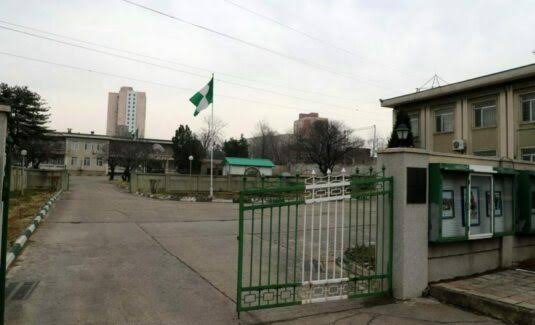
Nigeria has resumed operations at its embassy in Pyongyang, North Korea, after a closure that began in early 2021 due to the COVID-19 pandemic.
The embassy’s reopening makes Nigeria the second African nation, following Egypt, to maintain a diplomatic presence in North Korea.
According to NK News, while the embassy was closed, Nigeria and North Korea continued diplomatic ties through Nigeria’s mission in Abuja.
The Nigerian embassy in Pyongyang had suspended activities due to strict travel restrictions imposed by North Korea during the pandemic, which halted embassy operations and led to the departure of most foreign diplomats.
Reports inform that Patrick Imodu Imologhome has been appointed as Nigeria’s charge d’affaires in Pyongyang. He arrived in December 2024, officially marking the reopening of Nigeria’s diplomatic mission.
The Russian Embassy in Pyongyang confirmed his arrival and noted that he met with Russian Ambassador Alexander Matsegora on December 11th to discuss matters related to the Korean Peninsula.
Additionally, the Chinese Embassy reported that Ambassador Wang Yajun met Imologhome on December 13th, though the discussion was focused on strengthening China-Nigeria relations.
Imologhome’s appointment was confirmed by Nigeria’s foreign ministry earlier in April 2023, although details regarding the appointment of a full ambassador have not yet been released.
North Korea and Nigeria have maintained diplomatic relations despite the closure of Nigeria’s embassy. According to reports, North Korea’s ambassador to Nigeria, Jon Tong Chol, has remained in Abuja throughout the pandemic.
Ambassador Jon has met with Nigerian officials on several occasions, including discussions about public health cooperation in 2020 and calls for increasing parliamentary exchanges in 2023.
Since his appointment in 2018, Ambassador Jon has been involved in diplomatic exchanges with Nigeria, though the details of their discussions have generally not been disclosed to the public.
According to NK News, concerns have arisen over potential sanctions violations related to North Korea’s activities in Nigeria. Reports from the U.N. Panel of Experts have suggested that North Korea’s Haegumgang Trading Corporation attempted to arrange the sale of military equipment worth $3.5 million to Nigeria in late 2022.
Additionally, there have been reports of North Korea using Nigerian intermediaries in money-laundering schemes, despite international sanctions against Pyongyang.
Though Nigeria claims to have complied with U.N. sanctions requiring the expulsion of North Korean workers by December 2019, some workers reportedly remained in Nigeria.
These developments have raised questions about ongoing illegal activities despite the formal diplomatic relations between the two countries.
World
Mexican mayor, three others found dead in vehicle
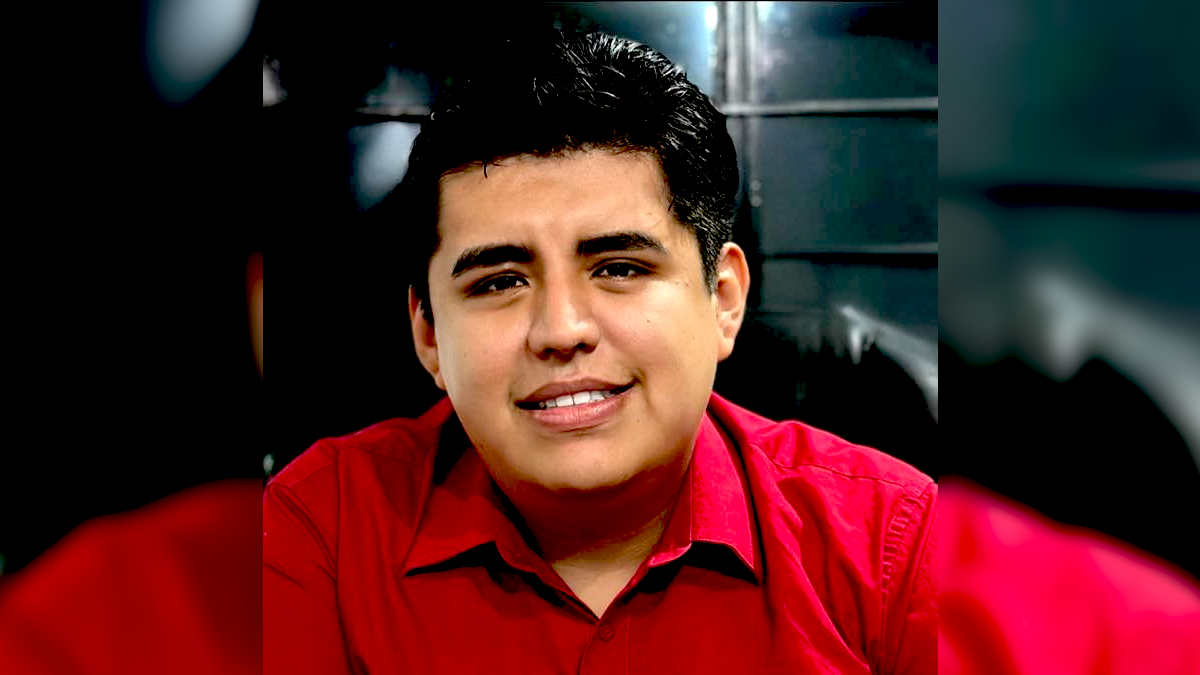
A mayor in Mexico’s central San Luis Potosi state, who was a member of the ruling Morena party, was shot dead on Sunday along with three other people, local authorities said.
Jesus Eduardo Franco, mayor of Tancanhuitz municipality, and the three other victims were all found dead inside a vehicle, according to the state prosecutor’s office.”We deeply regret the death of our colleague Eduardo Franco, municipal president of Tancanhuitz,” Morena party president Rita Rodriguez wrote on X.
“We ask authorities to reach the ultimate consequences and find those responsible,” she added.
Dozens of local officials have been targeted in organised crime-related violence that has plagued Mexico in recent years.
Local media reported last month that Alejandro Arcos, a mayor in southern Guerrero state, was decapitated less than a week after taking office and his head placed on top of a pickup truck.
More than 450,000 people have been murdered and thousands have gone missing since the Mexican government deployed the army to combat drug trafficking in 2006, according to official figures.
World
Mali, Burkina Faso, Niger to permanently exit ECOWAS in 2025
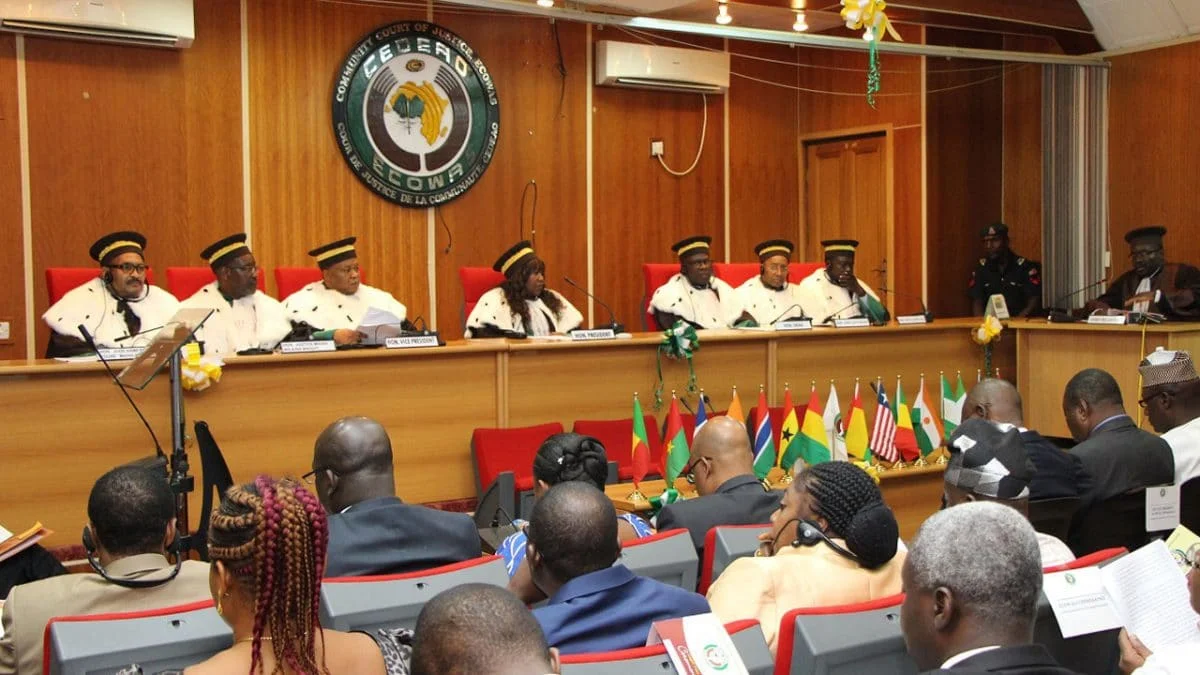
Mali, Burkina Faso, and Niger Republic will cease to be members of the Economic Community of West African States (ECOWAS) from 2025.
Alieu Touray, president of ECOWAS commission, made the announcement on Sunday during the 66th ordinary session of heads of states and governments in Abuja, Nigeria’s capital city.
“After deliberations, their excellencies, the authority members of the authority of ECOWAS, heads of state and government, commend the exemplary diplomatic engagement of His Excellency Bassirou Diomaye Faye, President of the Republic of Senegal, and His Excellency Faure Gnassingbé President of the Togolese Republic, and the diplomatic efforts of the chairman of authority, His Excellency Bola Ahmed Tinubu and other individual member states towards these three countries,” he said.
“The authority takes note of the notification by Bukina Faso, Republic of Mali and the Republic of Niger of their decision to withdraw from ECOWAS. The authority acknowledges that in accordance with the provisions of Article 91 of the revised ECOWAS treaty, the three countries will officially cease to be members of ECOWAS from 29 January, 2025.
“The authority decides to set the period from 29 January, 2025 to 29 July 2025 as a transitional period and to keep ECOWAS doors open to the three countries during the transition period.
”In this regard, the authority extends the mandate of President faure Gnassingbé of Togo, and President Faye of Senegal to continue their mediation rule up to the end of the transition period to bring the three member countries back to ECOWAS.”
Touray said withdrawal formalities would be launched after the January 29, 2025 deadline.
He said a contingency plan covering various areas would be drawn up.
“The authority directs the council of ministers to convene an extraordinary session during the second quarter of 2025 to consider and adopt both separation modalities and the contingency plan covering political and economic relations between ECOWAS and the Republic of Niger, the Republic of Mali and Burkina Faso,” he said.
-
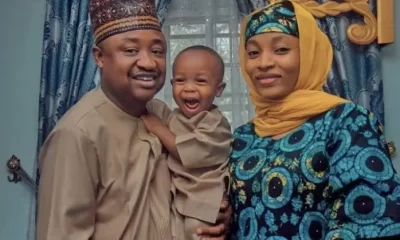
 News1 week ago
News1 week ago‘I’ll live with this trauma all my life’ — Tijjani Babangida opens up on losing family in car accident
-

 News6 days ago
News6 days agoNaseni’s Executive Vice Chairman, Khalil Suleiman Halilu, Named 2024 Winner Of Daily Global Newspaper Conference Series Award For Science, Technology, Innovation, And Infrastructure
-

 Relationships1 week ago
Relationships1 week agoFour dating tips for single mum
-

 Relationships5 days ago
Relationships5 days ago‘I wish I met you before the wrong person’ – says Portable’s baby mama, Honey Berry, as she flaunts new lover
-
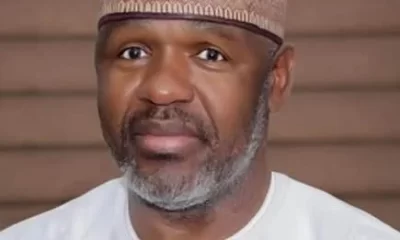
 Politics1 week ago
Politics1 week agoIbrahim Kashim resigns as Bauchi SSG
-

 Entertainment1 week ago
Entertainment1 week agoApostle Femi Lazarus, others top Spotify most streamed podcasts in Nigeria, Kenya, South Africa
-

 News6 days ago
News6 days agoLagos state government shuts Lord’s Chosen Church, businesses across Lekki, VI, others over noise, environmental infractions
-
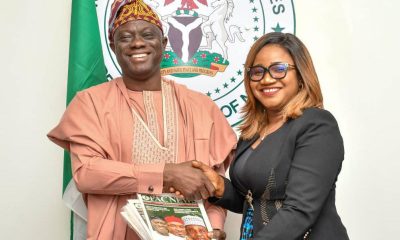
 Politics1 week ago
Politics1 week agoRep seeks increased participation of women in politics


















